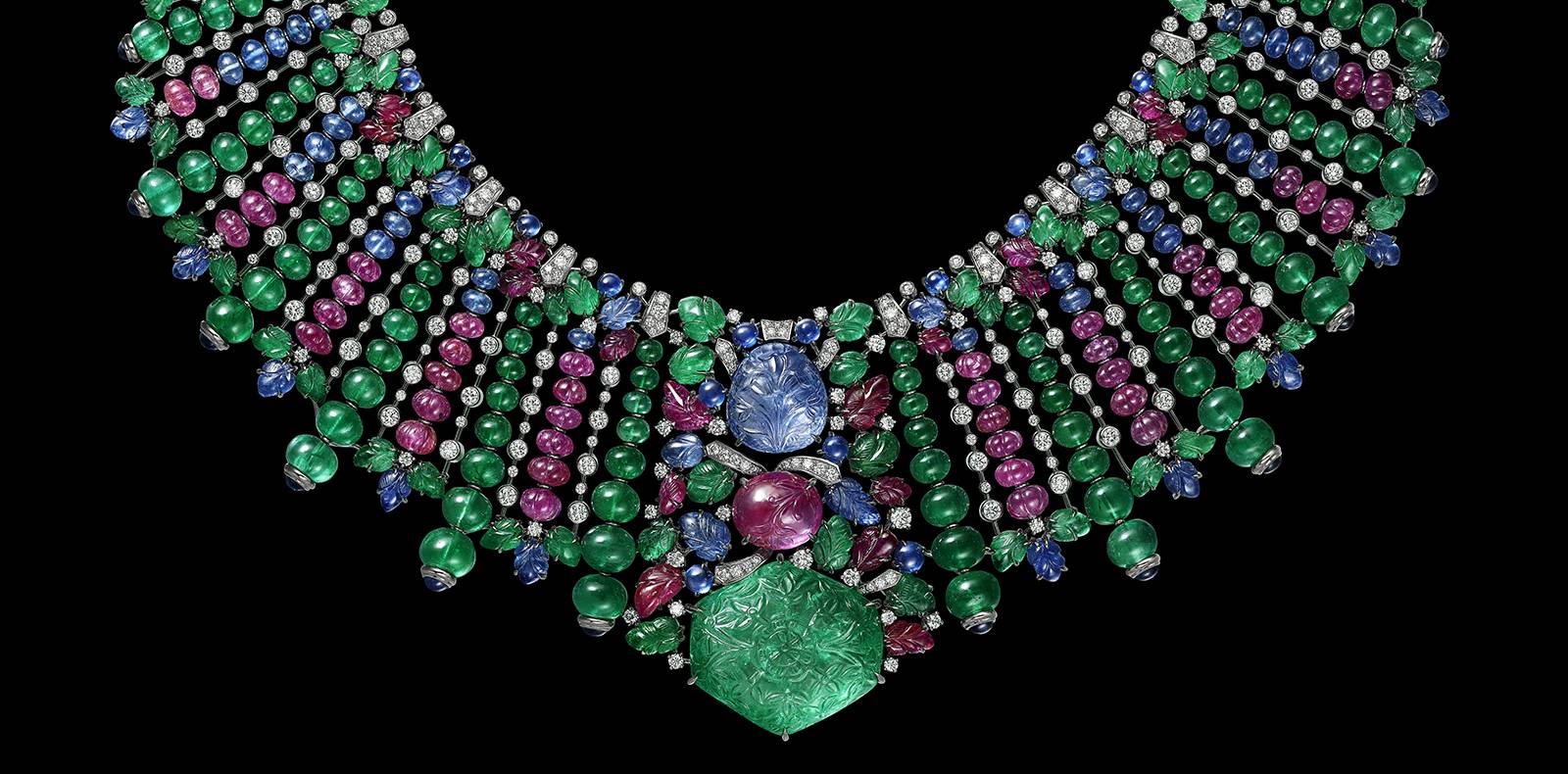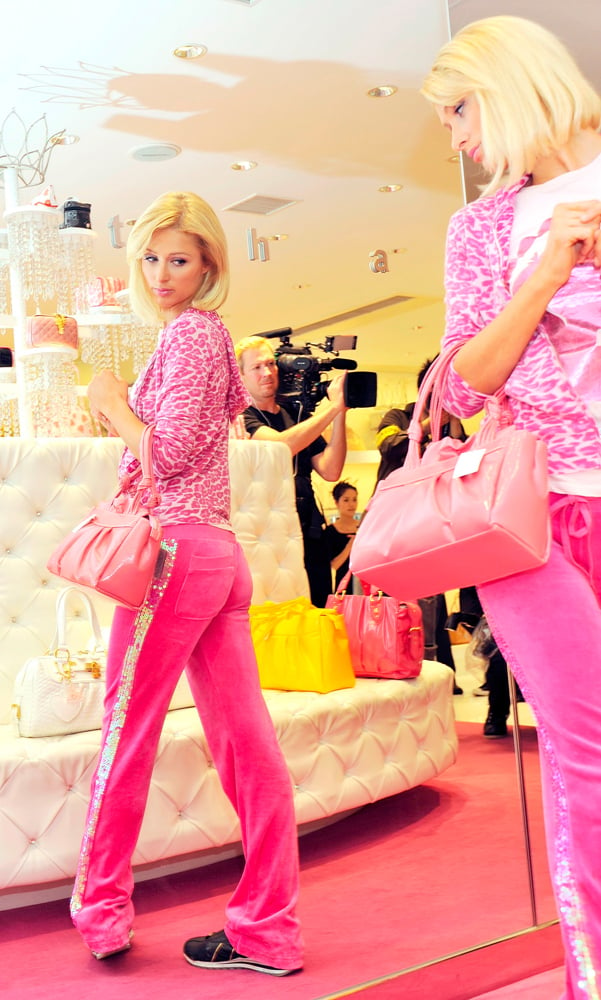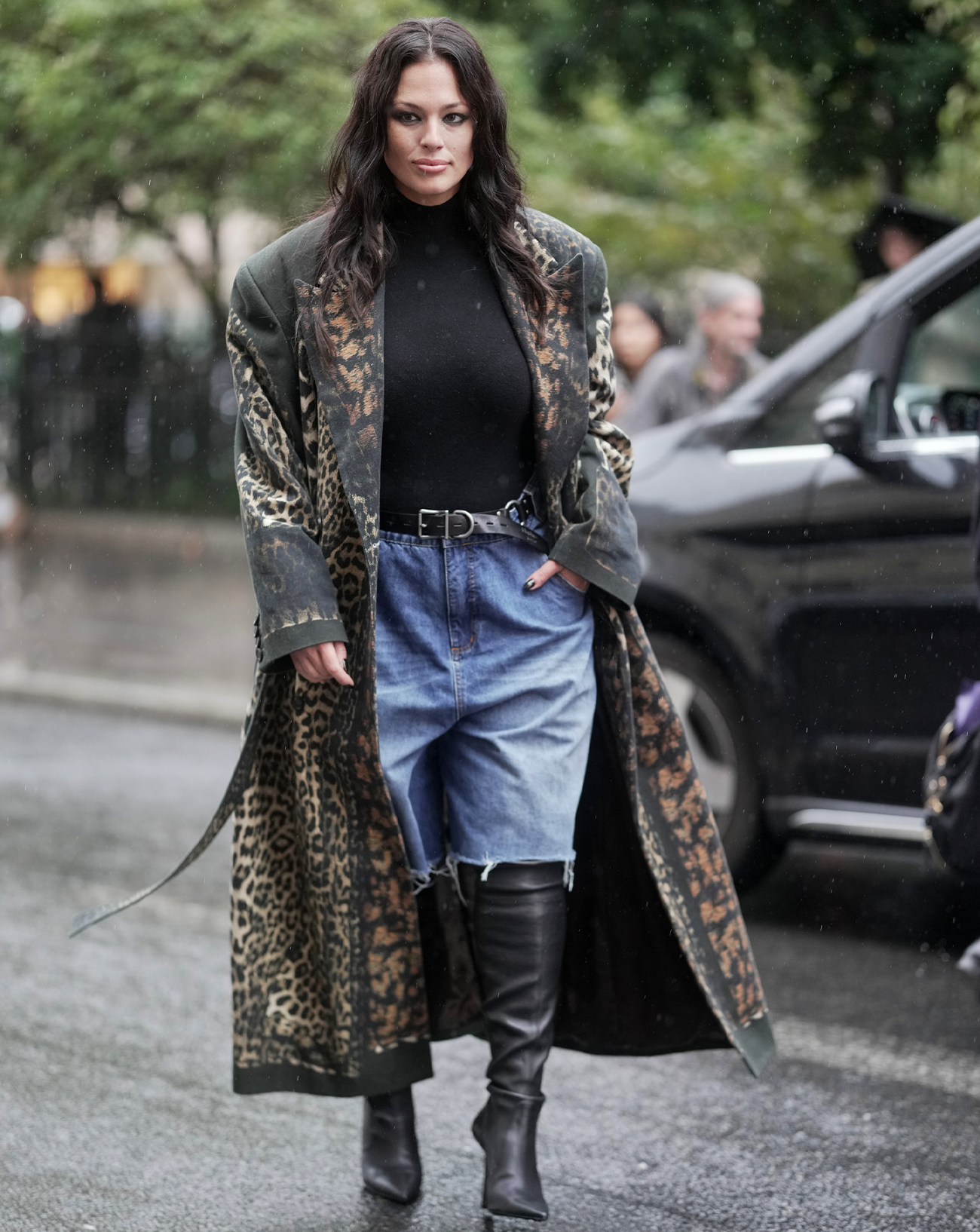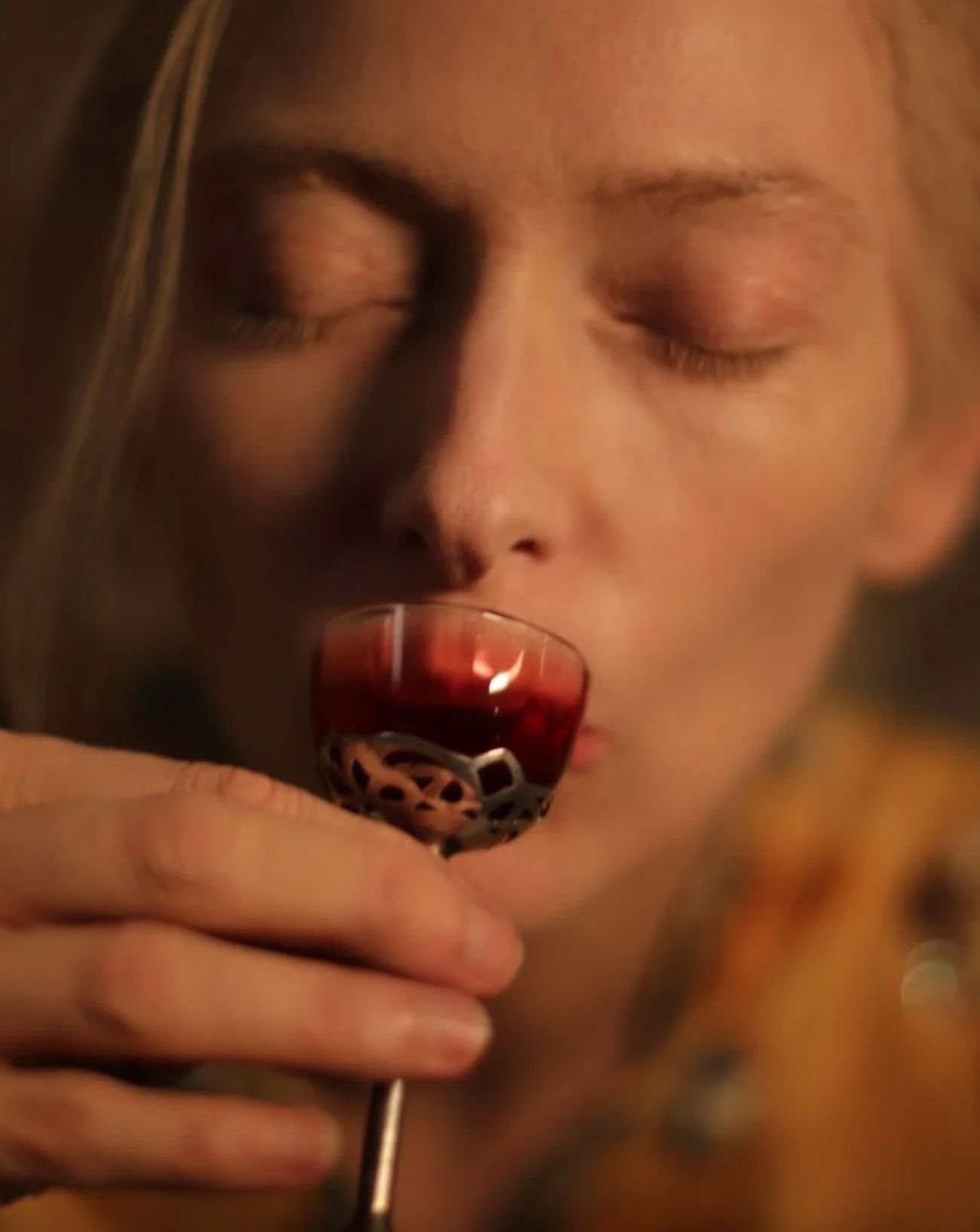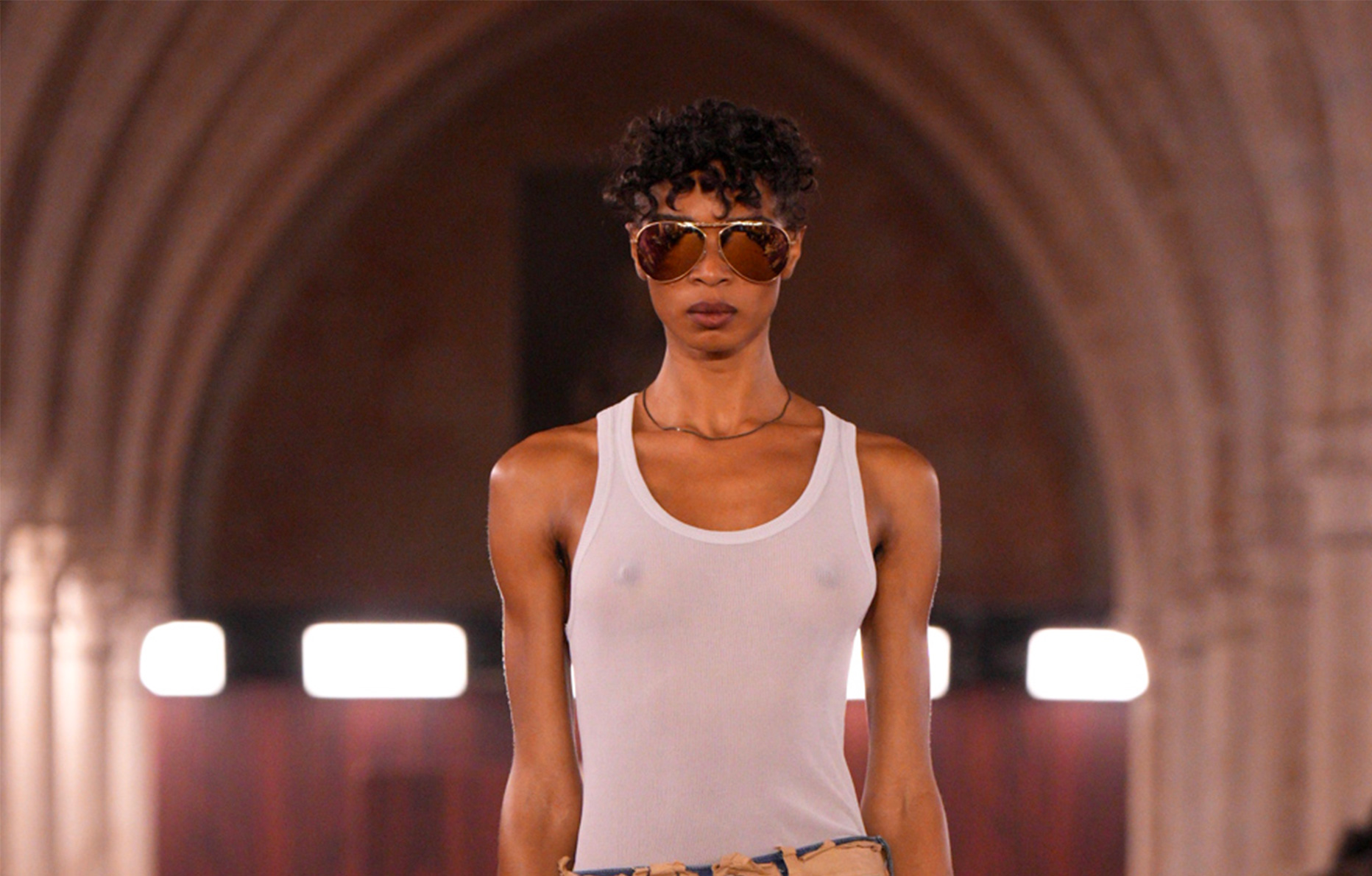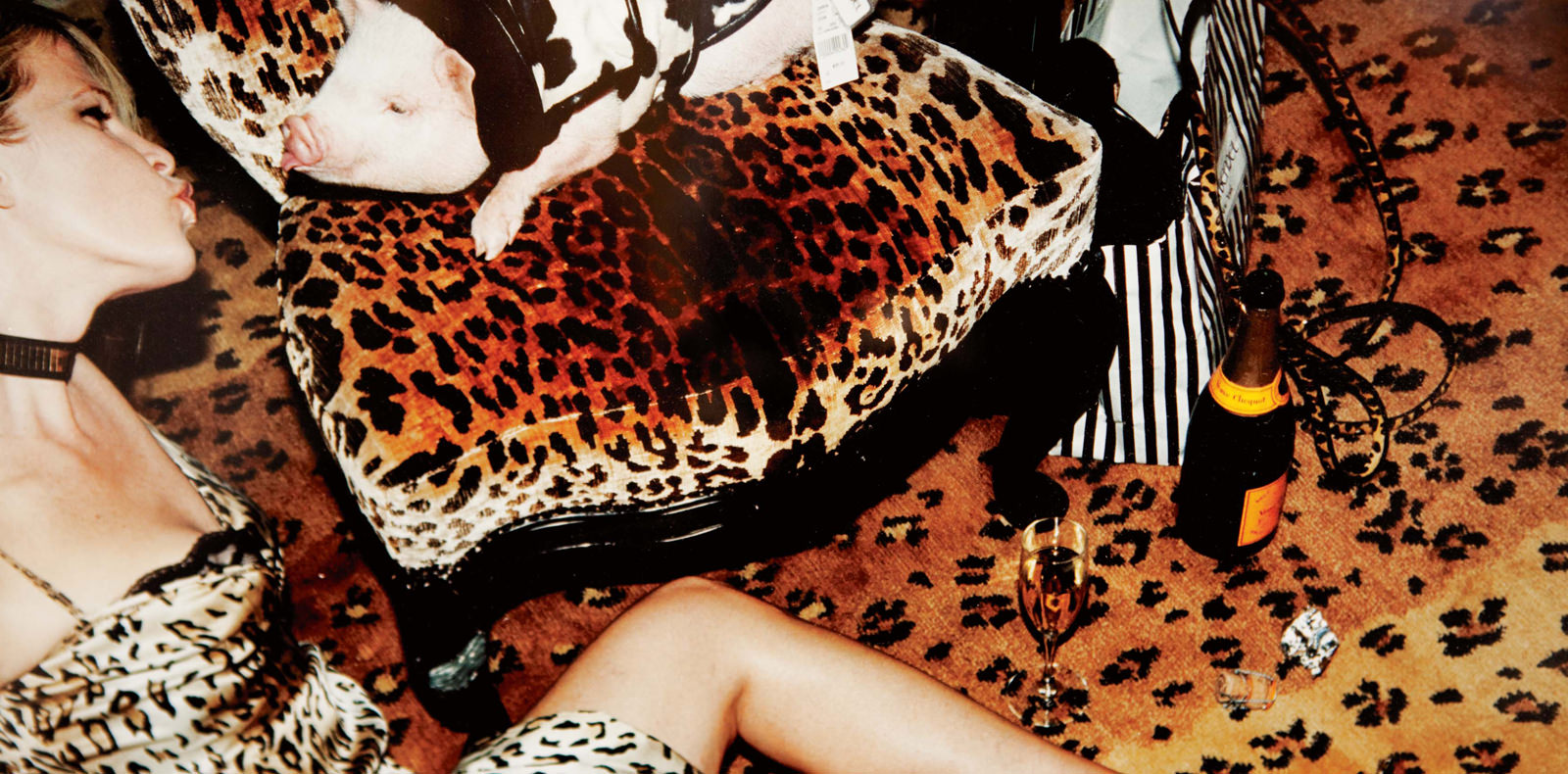
8
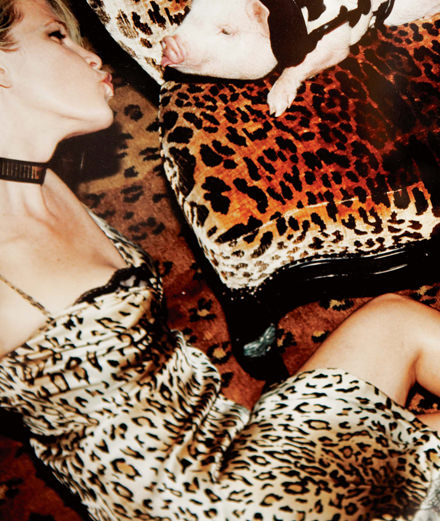
8
Art Diary: Everything you need to know about artwork this month
From Los Angeles to London, chronicles of an undercover reporter
Par Nicolas Trembley.
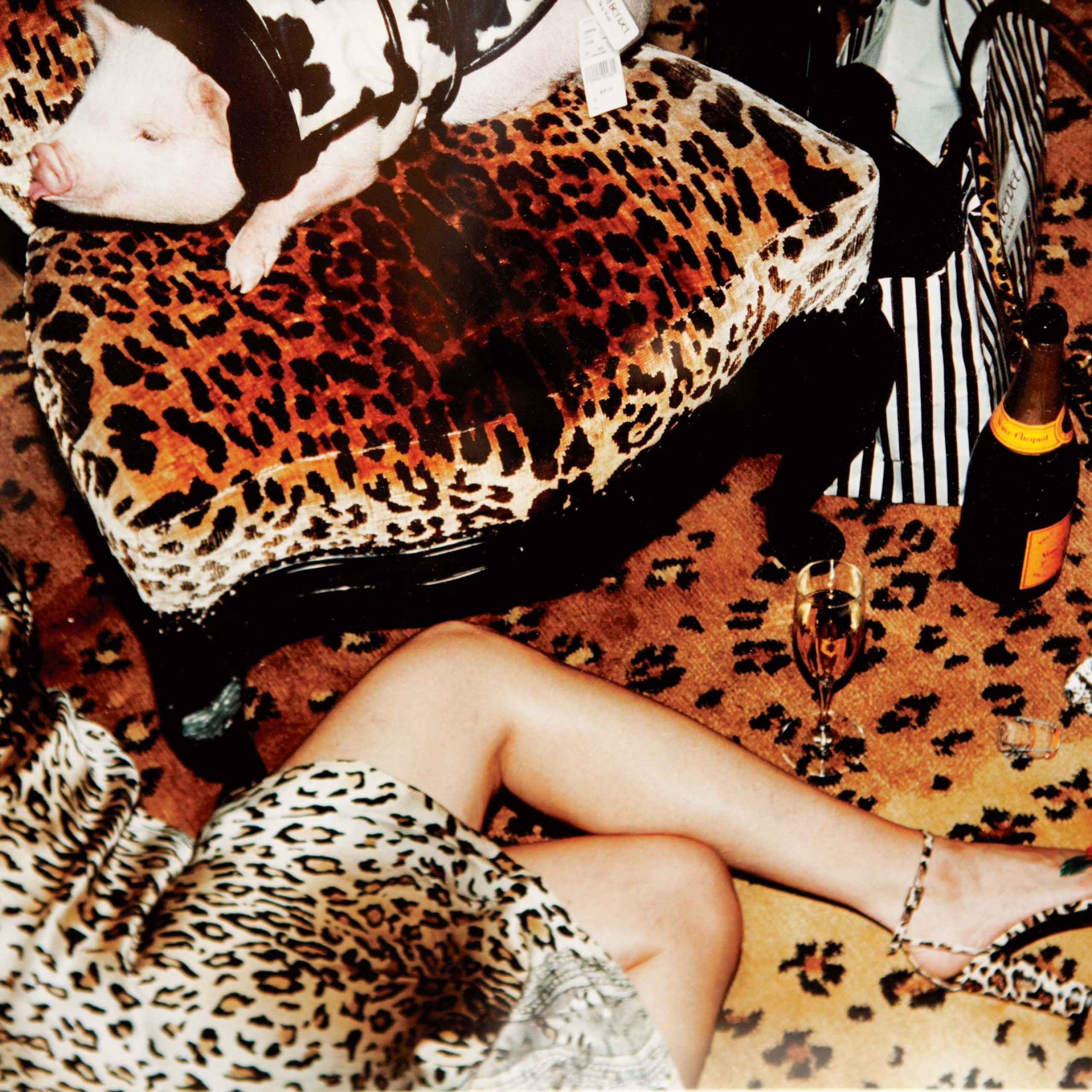
Luxury conglomerates in the fashion sector are pushing ever further into contemporary art. After the now very established Fondation Louis Vuitton, the (future) Pinault Museum in Paris and the Fondazione Prada (w h o s e s h ow s a t t h e Ve n i c e Biennale, as well as their Francesco Vezzoli exhibition in Milan, were much commented on), it’s the turn of jeans label Guess to open a museum in Los Angeles. The Marciano brothers, Maurice and Paul, are a classic success story. In the early 80s, they left Marseille for Los Angeles where they founded a small denim company which would go on to become one of the world’s best-known brands thanks to ad campaigns featuring top models such as Claudia Schiffer, Carla Bruni or Laetitia Casta. Comprising over 1,500 works, most dating from the 1990s, the collection is displayed in a former masonic temple in L.A., where, on opening night, one could rub shoulders with Sharon Stone on the arm of artist Alex Israel.
Everyone has read about it: a Basquiat canvas just broke the $100 million barrier at auction, making the late artist a record holder. The buyer was Japanese collector Yusaku Maezawa, who made his fortune through the online shopping platform Zozotown, which is valued at several billion on the stock market. The painting will be displayed in the future museum that the young (41) businessman is currently building in Chiba Prefecture.
In Athens, during Manifesta 14, an LGBTQI refugee-rights group stole a sculpture and has no intention of giving it back. The work in question was by Spanish artist Roger Bernat and consisted in a replica of a stone that was supposedly present at the trial of Socrates in 399 BCE. Refugees were paid to transport the replica to different spots in Athens, and after that it was meant to go by plane to Kassel for the opening of the second round of Manifesta. The activist group has simply purloined it, saying that the millions of refugees who came to Greece to find a better life were not there to be “bought” or “fetishized.”
Minorities have suffered too long and will stand no more. At the Walker Art Center in Minneapolis, Sam Durant just found this out to his cost. His sculpture Scaffold, which was to have been installed in the museum’s new sculpture garden, will now be destroyed. A large-scale work, it bristles with gallows in reference to the hangings carried out by whites, among them the execution of 38 members of the Dakota tribe in 1862. But their descendants have vociferously opposed any reappropriation by a white a man of these racist murders for “artistic” ends. And this time they won the battle.







